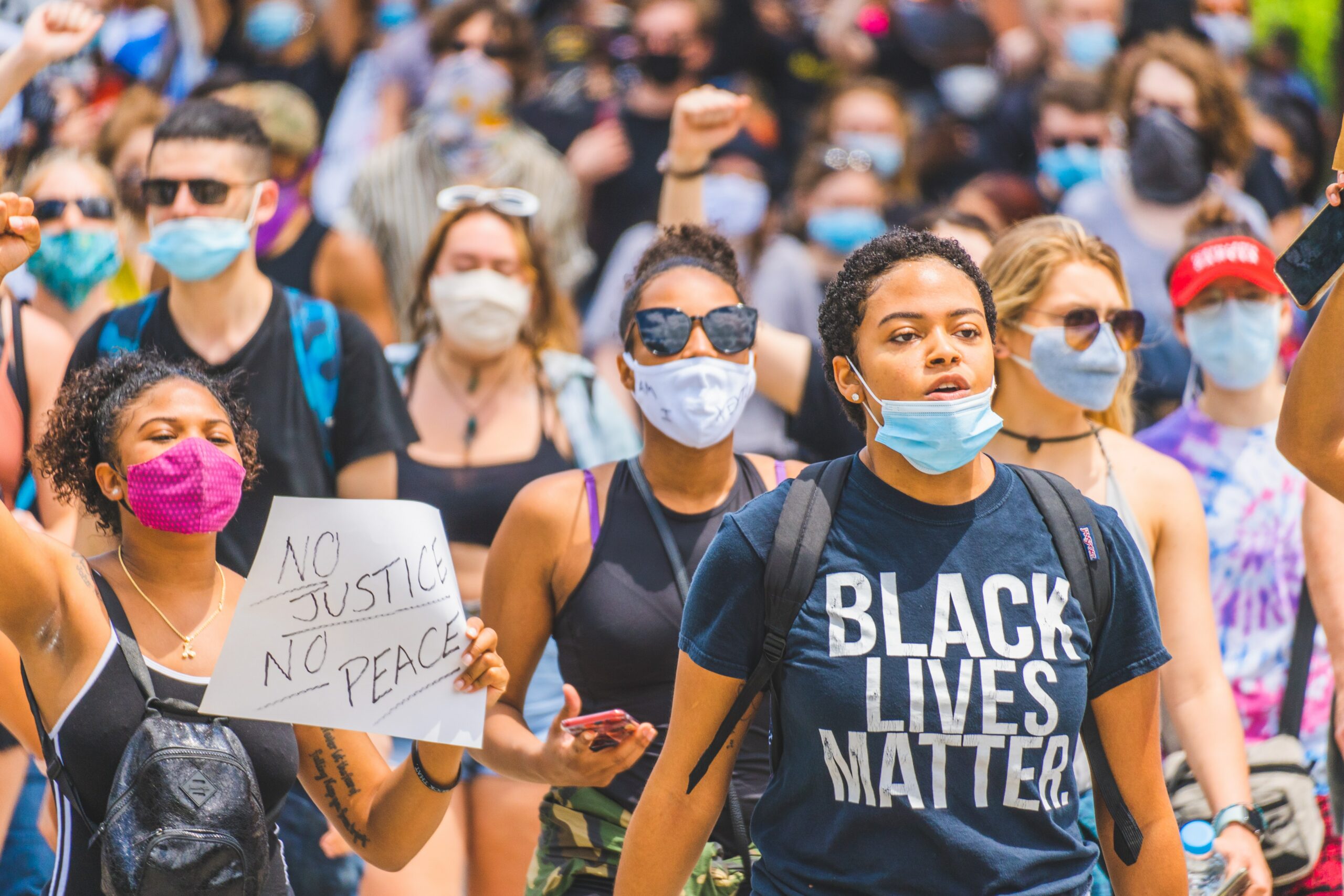
The murder of George Floyd was truly shocking. Watching footage of his arrest and death has left many feeling hurt, scared, and angry – feelings I share. My thoughts are with all those protestors across America who, in the midst of their grief, are fighting for a better world. For many, this now feels like a watershed moment in the fight against racism. We have seen too many other watershed moments come and go with little tangible change, so it is now up to all of us to make sure this time is different.
For me, this moment already feels different. In the last few days, I have received hundreds upon hundreds of emails from my constituents who are outraged at the events unfolding in the US. But this outrage is also accompanied by a fierce desire to address institutional racism here in the UK.
It is all too easy to assume Britain is immune to the insidious, structural racism that we see in America. Too often, anti-blackness is seen as an ‘American problem’. But to dismiss it as such is not only ignorant, it is dangerous. The British history of anti-blackness is different to that of America, but it is no less lethal or corrosive. We have our own shameful list of men and women of colour who have died in police custody: Mark Duggan, Rashan Charles, and Sean Rigg, to name just a few.
We are no strangers to police violence against people of colour in Manchester. In recent weeks, I have written to Greater Manchester Police following several alarming incidents. In one case in my constituency, a black man was handcuffed simply for moving a tree for his mother. GMP have since apologised, saying the matter “wasn’t dealt with in the professional way we would expect”.
As a former police officer myself, I know how difficult working on the frontline protecting our communities can be. But incidents like this go to show how much work there is still to be done to weed out the pervasive, institutionalised racism in our own policing and criminal justice system.
However, the injustices suffered by BAME communities in the UK extend far beyond policing. We already know that Britons of colour are at a significantly increased risk of contracting and dying of Covid-19 compared to their white counterparts. This was confirmed again by a report published by Public Health England last week. However, this report does little more than tell us what we already knew.
We have always known there is a social gradient in health. The poorest and most deprived have unequal access to health and significant inequality in health outcomes. Covid-19 thrives on these entrenched inequalities. Public Health England’s report is not good enough. Black and Asian communities do not need to be told that we are suffering disproportionately – we already know that. What we need is a clear plan, a set of concrete and practical steps that the government is taking right now to ensure our families and our communities are properly protected.
As the Black Lives Matter protests enter their second week, the silence of our government is deafening. President Trump’s actions over the last few days have been those of an agitator rather than a leader. He has attacked his own citizens and ridden rough shod over the fundamental democratic right to peaceful protest. Our government must denounce this behaviour. The UK has a moral obligation to speak in defence of human rights, no matter where in the world they are challenged.
As a British Asian man, I have confronted racism my whole life. It’s hard not to feel hopeless in the face of all we are up against. But seeing people across the world standing in solidarity with protestors in the US and saying enough is enough gives me hope that real change is possible. If not now, when?




More from LabourList
Ashley Dalton resigns as health minister for cancer treatment
Paul Nowak column: ‘Labour must focus on the basics’
‘Labour’s two-child cap victory rings hollow while asylum-seeking children remain in poverty’